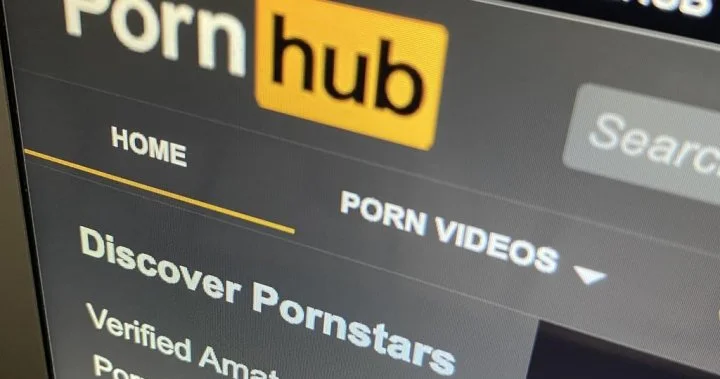Blocking Pornhub access in Canada an option, owners say. Here’s why
Blocking Pornhub access in Canada an option, owners say. Here’s why

globalnews.ca
Blocking Pornhub access in Canada an option, owners say. Here’s why | Globalnews.ca

A House of Commons committee is set to study legislation proposed by Independent Sen. Julie Miville-Dechêne that would require Canadians to verify their age to access porn online.